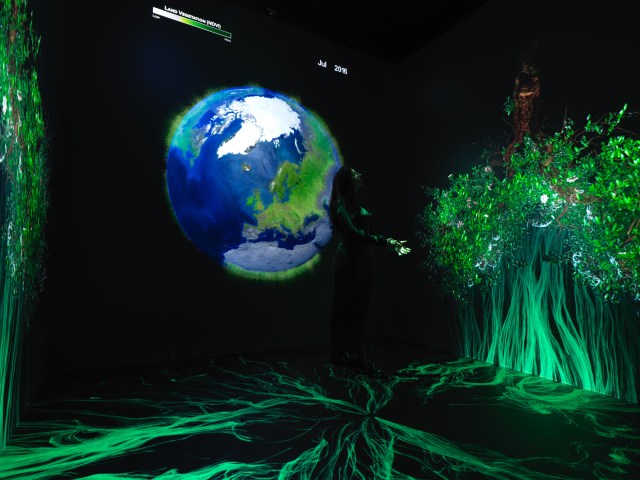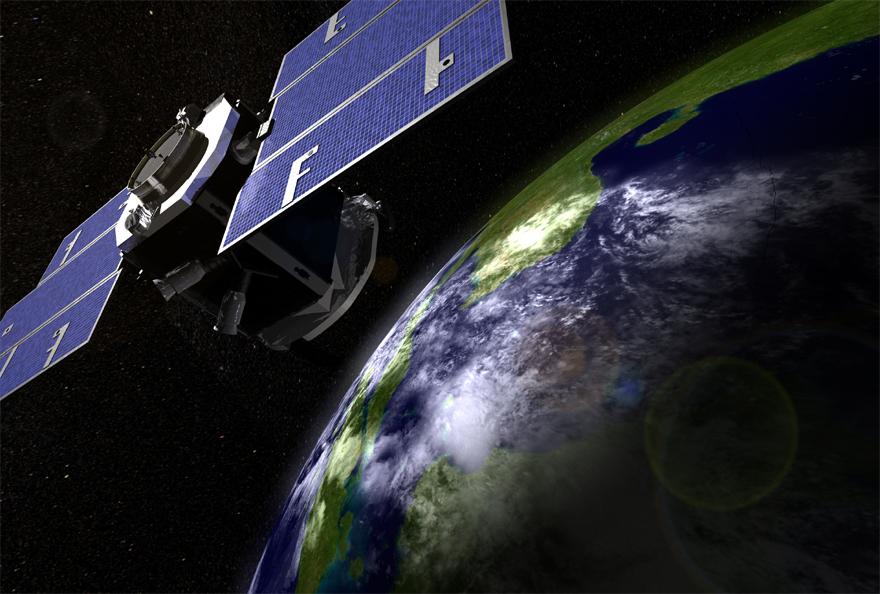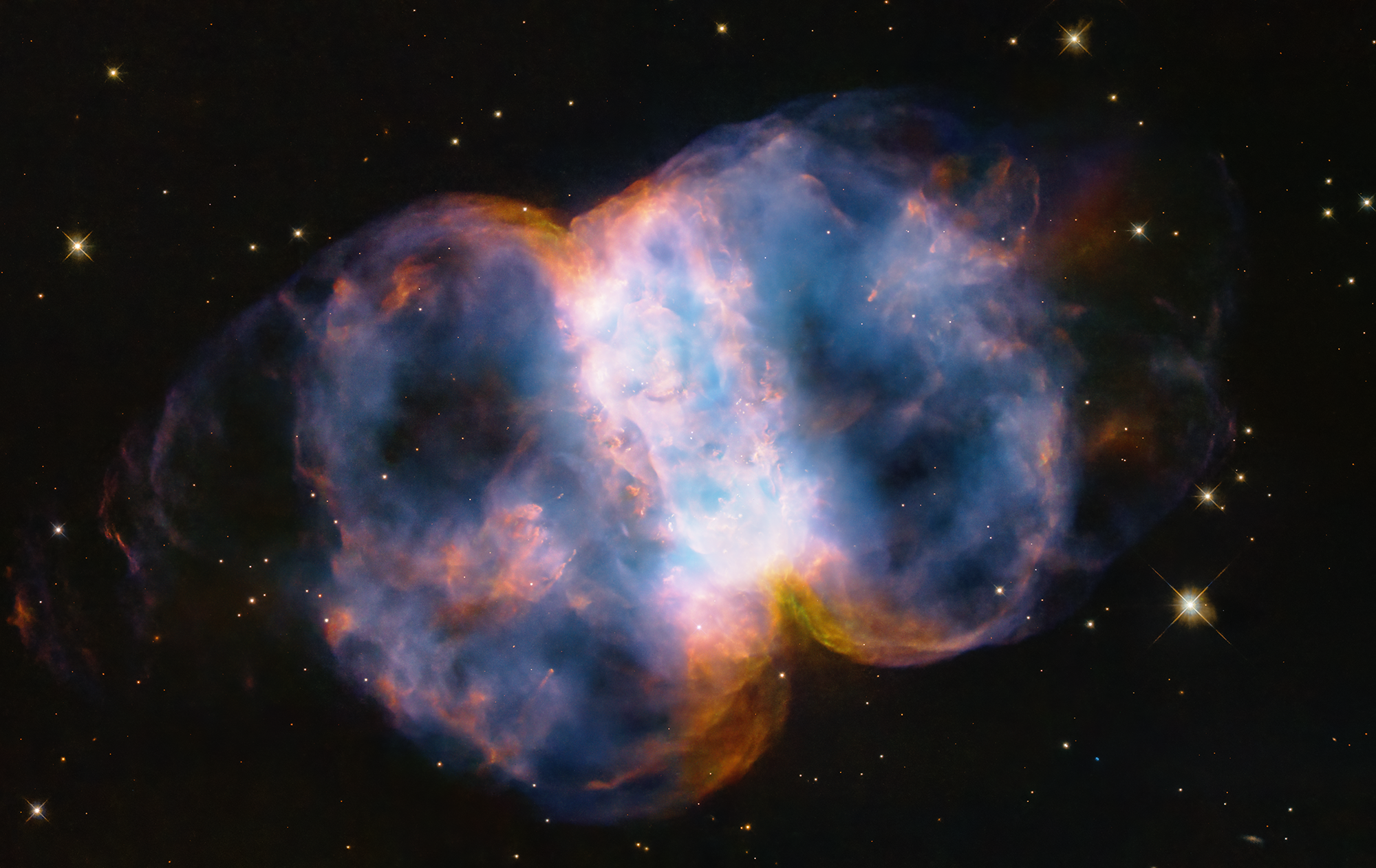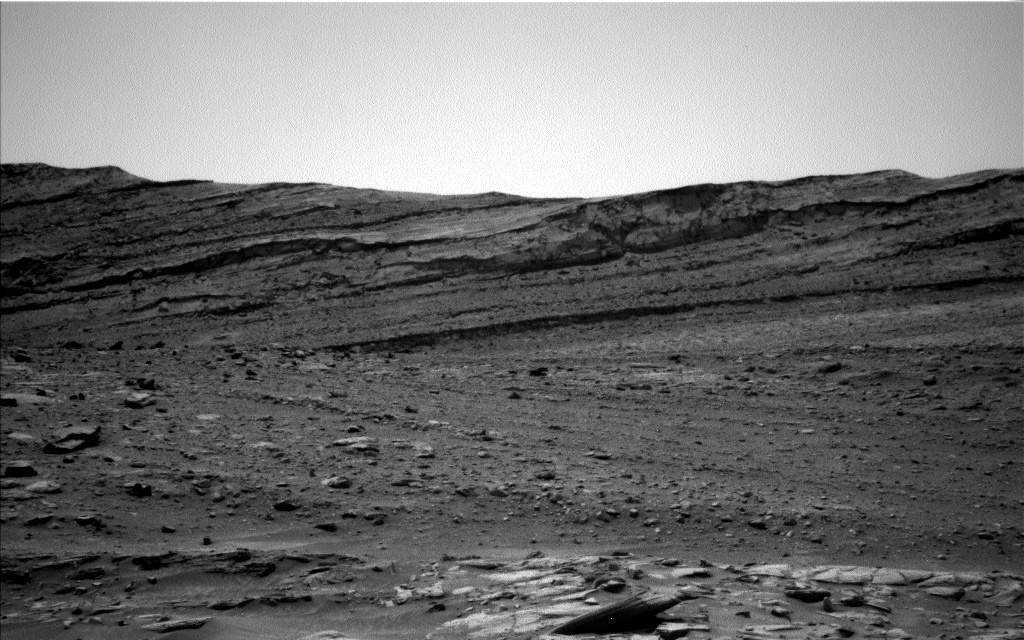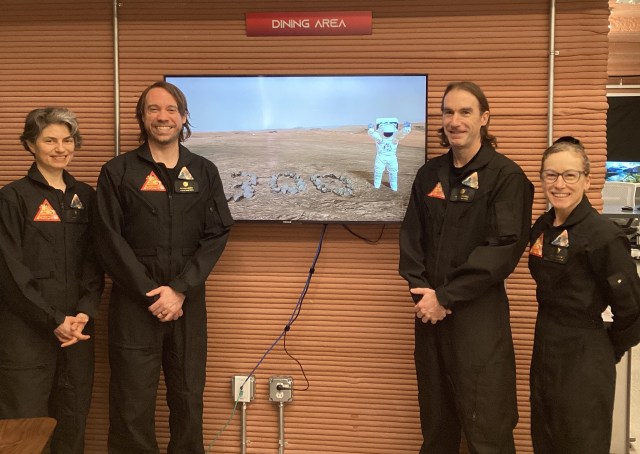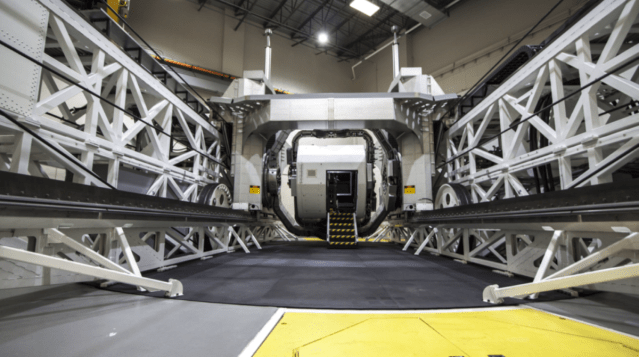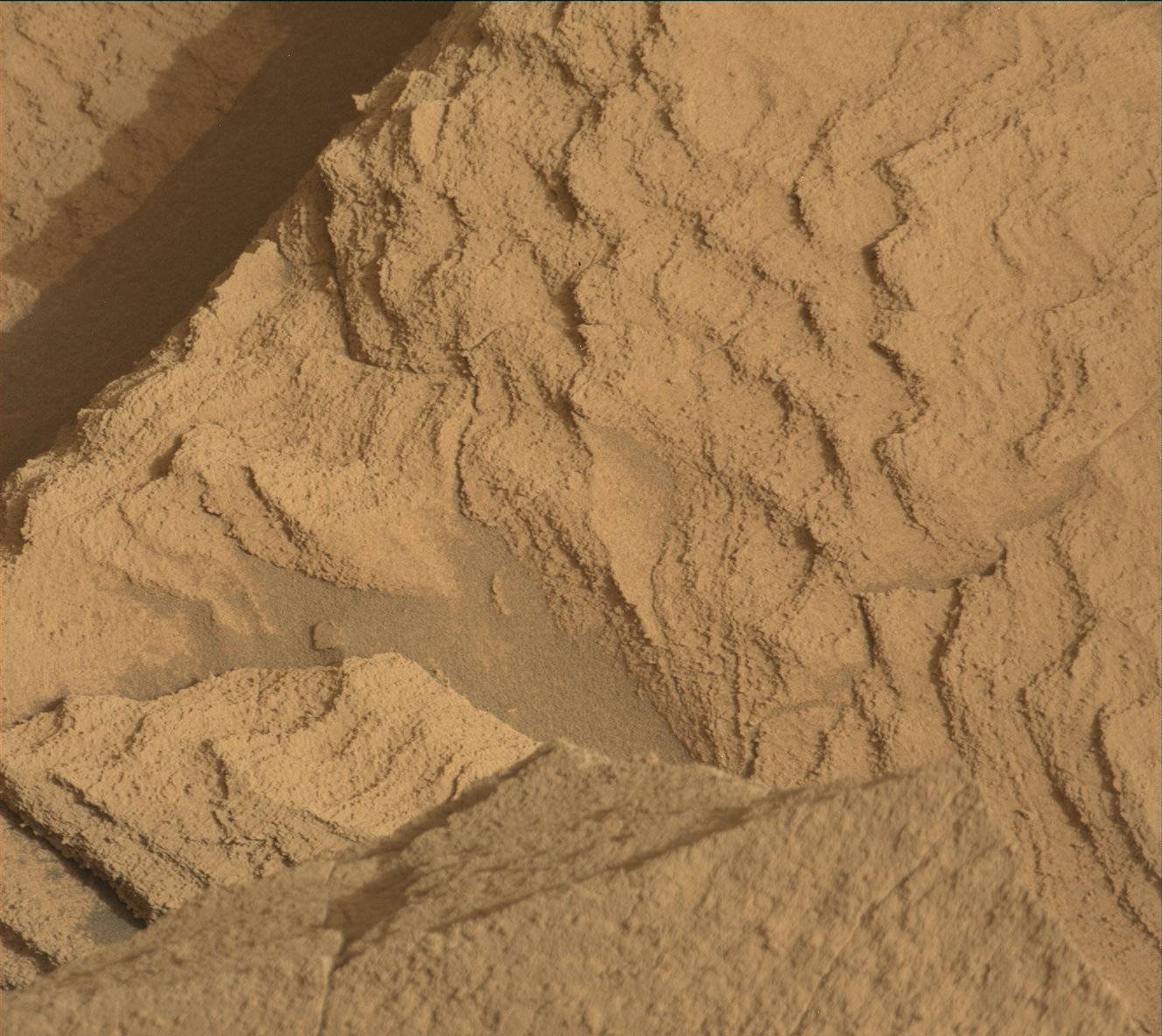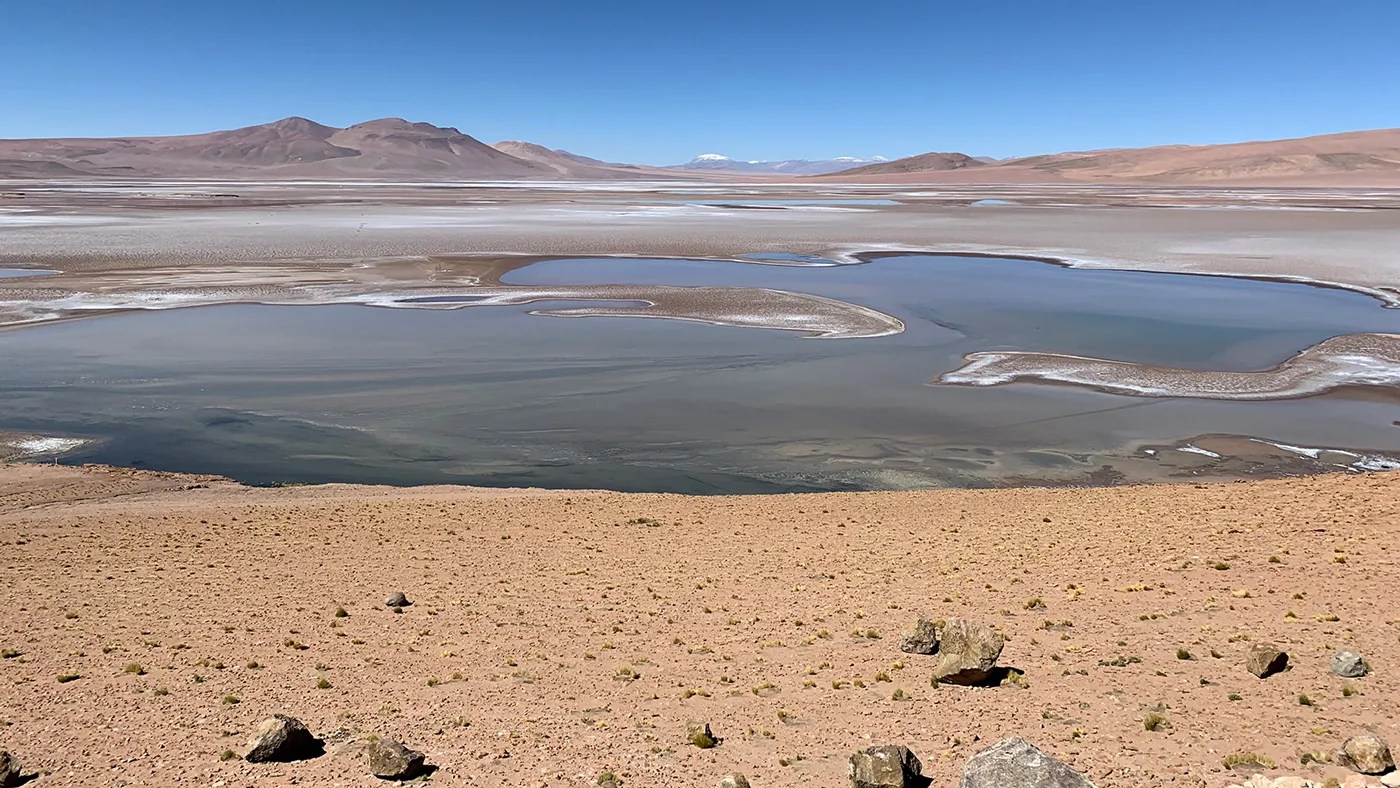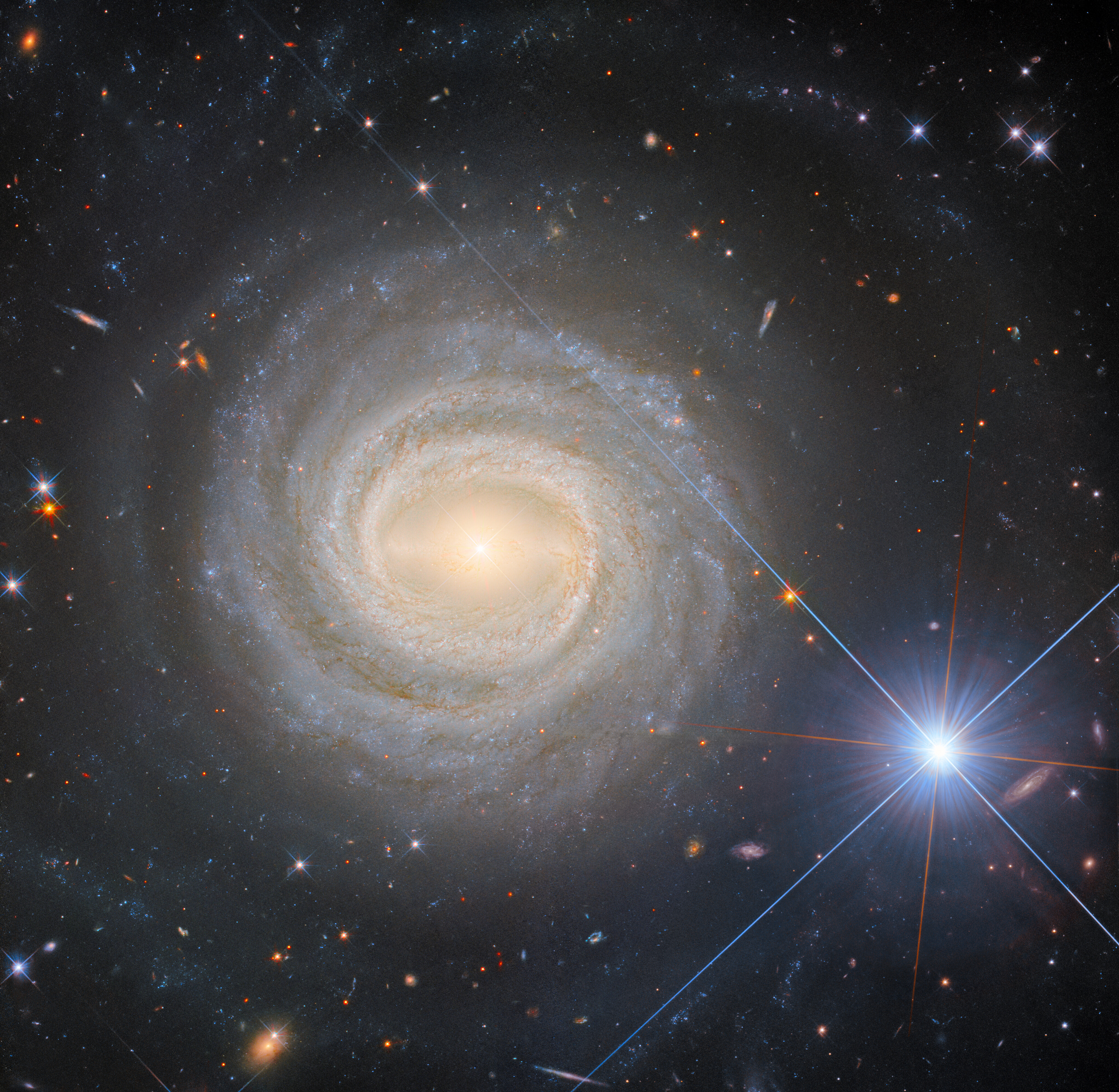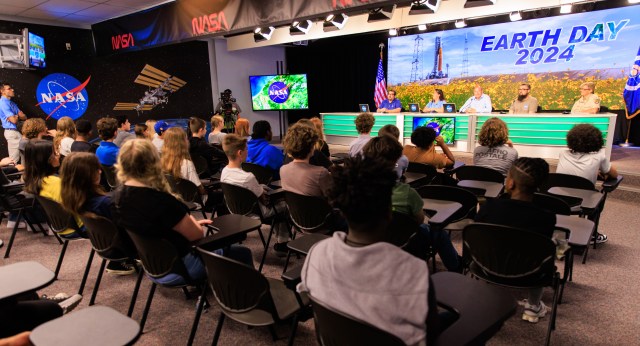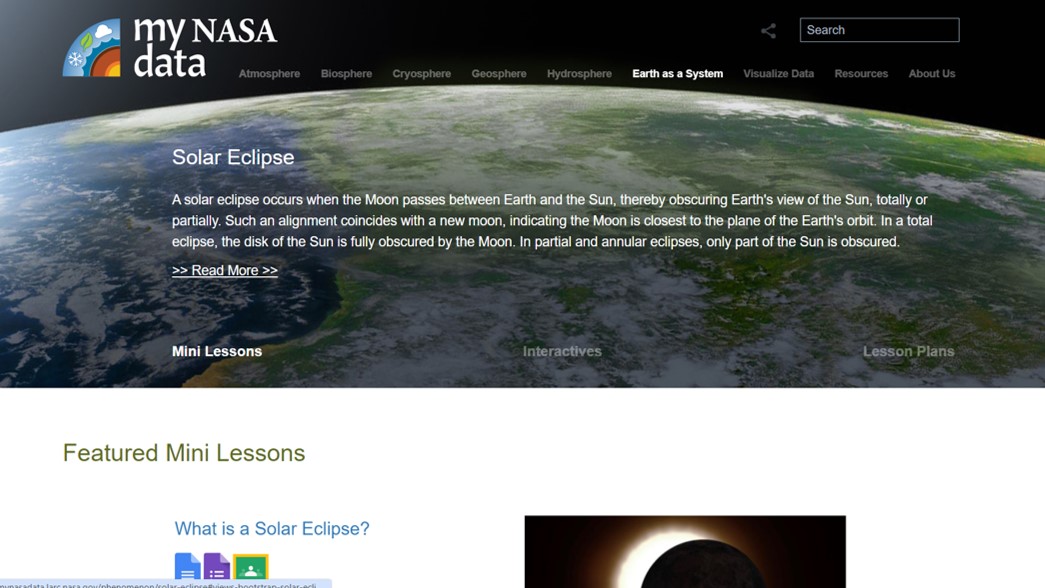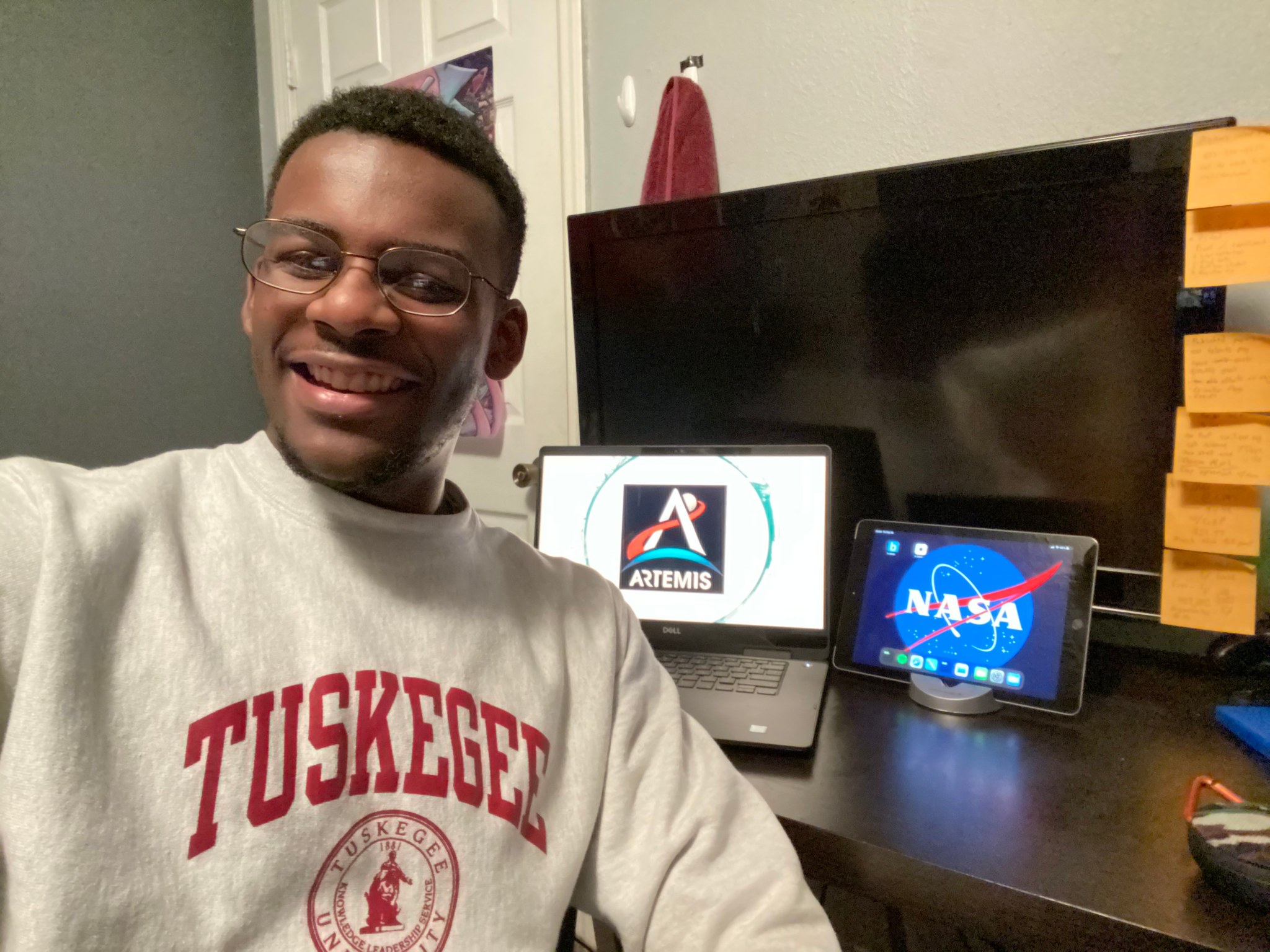As the workforce at NASA’s Marshall Space Flight Center approaches a year of working virtually in response to COVID-19, the center continues to welcome interns to contribute to the agency’s missions of human space flight, space science, and Earth research. While the overall experience may look different than traditional terms, NASA is dedicated to giving students the most valuable experience possible.
“The agency’s main goal is to encourage students to pursue careers in science, technology, engineering and mathematics,” said Lynnette Madison, NASA internships manager. “Even in an unconventional setting, we have been adapting our program to offer interns and mentors a solid experience that supports NASA’s missions.”
NASA’s Southeast Regional STEM Engagement Office — which manages STEM Engagement activities at Marshall Space Flight Center and Stennis Space Center — has been working to adapt and create meaningful opportunities for both mentors and interns. Key deadlines are approaching for upcoming sessions, as mentors can submit projects for summer 2021 intern opportunities until Feb. 26, and interns can submit applications until March 5.
While the process has been a change for both mentors and interns, many have accepted the challenge and even found benefits to the online program.
“One way to express our gratitude for the opportunities we have at NASA is to create opportunities for others,” said John Dankanich, Marshall’s chief technologist, who has mentored many interns. “The NASA workforce excels at adapting to changing environments, and every challenge should be perceived as an opportunity for growth.”
For Marshall intern Nathaniel Lazard, the online aspect of the opportunity was one of the main reasons he applied. “Being a senior in my last semester, having the opportunity to be on-site for this internship would have been exciting, but the flexibility the virtual environment offers allows my mentor and I to work with my class schedule.”
Lazard is completing open-sourced research concerning the international use of manufacturing techniques developed for the Artemis program. Though he is in the early stages of his spring internship term, he said he is already learning a lot about NASA operations and where he could fit in as a professional. “Due to the nature and necessity of the virtual experience, there are times where I personally feel like I’m a little fish in a big pond, but my mentor does an amazing job of connecting the dots to help me understand the purpose of the work I am doing,” he said.
Under typical circumstances, interns might be assigned hands-on learning opportunities, such as working in a lab or with hardware. While this on-site work is not viable at the time, mentors like Dankanich modified the intern experience by increasing the number of formal tag-ups and making a greater effort to validate the intern’s comfort level with assigned projects. His student is currently working to communicate the recent Marshall technology innovations and creating products for the program’s website.
“There are always benefits to having interns supporting NASA projects,” Dankanich said. “The obvious direct benefit is an extra set of hands to accomplish the work, but the secondary benefits are just as important. Interns are a new set of eyes that bring new approaches to the team or have the ability to identify improvement opportunities. Interns also have an incredible energizing impact on the team.”
Dankanich and Lazard say they would encourage both students and mentors to reach outside of their comfort zone to pursue this rewarding experience.
“Working at NASA is a blessing,” Dankanich said. “Continuing to engage interns requires adaptation, but also helps maintain the sense of normalcy. Even during the COVID-19 environment, NASA is obligated to inspire and train the future STEM pipeline.”
For more information on mentor and internship opportunities at Marshall, contact Marshall’s Office of STEM Engagement.

